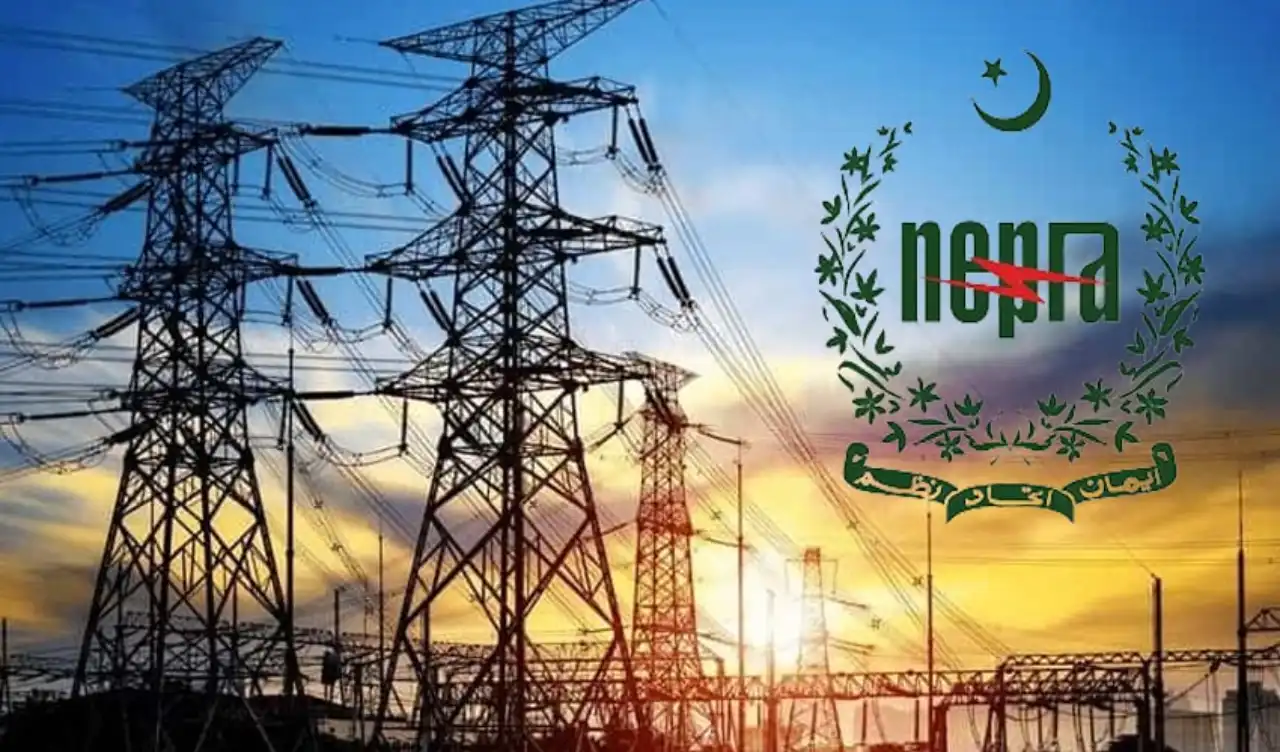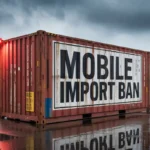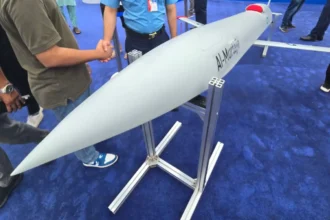The National Electric Power Regulatory Authority (NEPRA) of Pakistan, the country’s electricity authority, has sanctioned an alarming increase in base electricity rates as of July 1, 2024. This increase will affect nearly every class of electricity consumers in the country.
Sharp Increase in Electricity Rates
NEPRA has approved a consolidated average increase of Rs 7.12 per unit. Consumers with an average consumption of 201-300 units will now incur a cost of Rs 34.26 per unit. Users within the 301-400 units category will be charged Rs 39.15. The previously agreed-upon rate of 401 to 500 units has surged to Rs 41.36.
However, due to the price surge, domestic consumers using under 200 units a month will be exempt from the price increase from July to September 2024.
This change was made while considering a more extensive adjustment plan outlining other fiscal changes. The federal cabinet granted the final approval of the revised tariff schedule earlier this week.
According to estimates by NEPRA, the revised rates are expected to generate additional revenue of Rs 600 billion within the fiscal year. This amount is intended to cover the ever-rising costs of generation and distribution.
IMF Pressure and Public Backlash
The tariff change also comes amid tightening IMF conditions under the new standby arrangement. The IMF has requested cost-reflective tariffs to bolster the power sector’s finances.
In response to the chaos, the government has allocated Rs 730 billion towards subsidies. Out of this, Rs 490 billion is earmarked for non-K-Electric users, and Rs 177 billion is allocated for K-Electric bus users.
Regardless of these subsidies, public outrage is swelling even further. Citizens at the NEPRA hearings recently unleashed fury regarding the absence of control over billing inflation and compelled outages. Too many people claimed that NEPRA has become the mascot for power companies and has turned against its consumers.
In response to these siding complaints, NEPRA has commenced investigations into billing inflation. Firm action has been pledged against electric distribution companies that break the law or exploit consumers.
Conclusion
Pakistan’s power industry remains in crisis. The most recent increase in tariffs might help relieve the strain on the government in the short term, but it will burden households already suffering from high inflation.
As the government attempts to balance foreign obligations with domestic realities, the coming months will test consumers’ endurance and the transparency of regulations.








